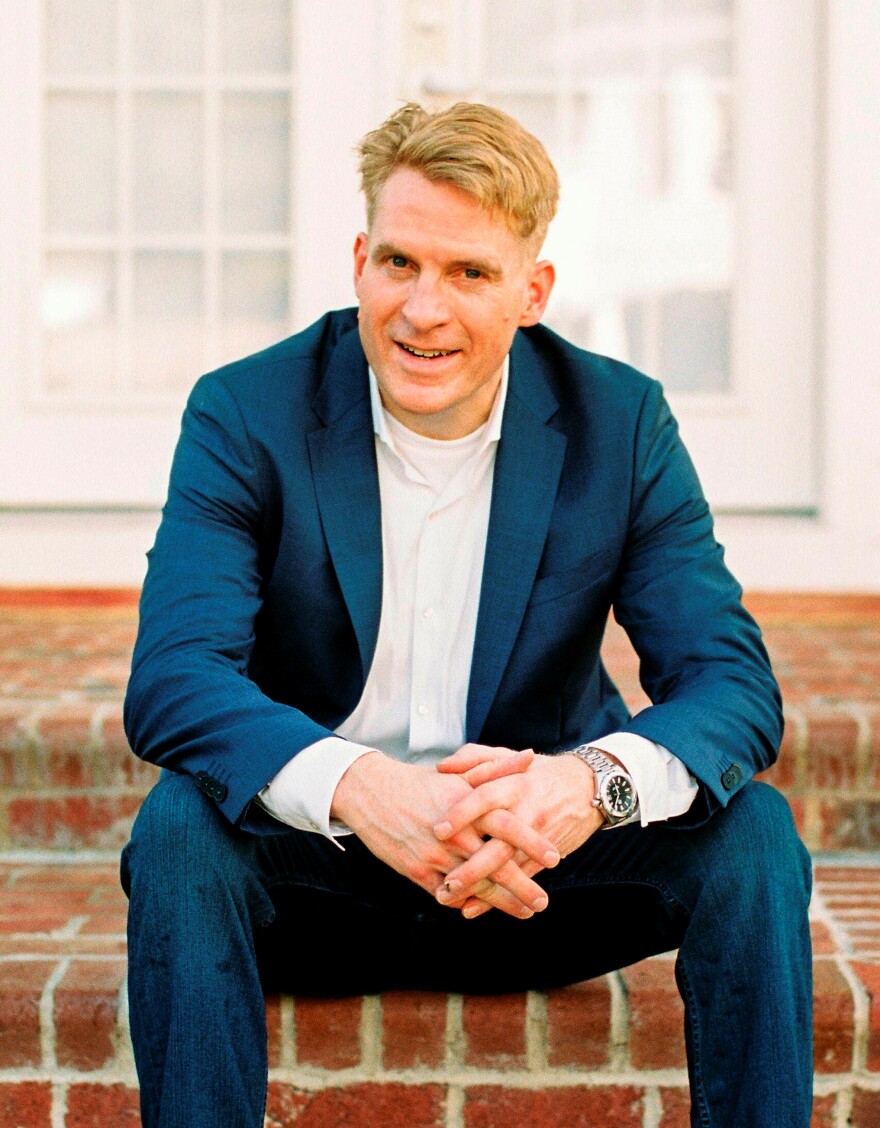The federal bribery trial for political mega-donor Greg Lindberg began Tuesday in Charlotte with jury selection.
Lindberg, along with two of his associates and a former North Carolina congressman and GOP chair, were indicted on a slew of federal charges last March — charges tied to the bribery of a state elected official.
Former Republican U.S. Rep. Robin Hayes, who was at the time head of the state Republican Party, has since pleaded guilty to lying to the FBI, and is cooperating with federal prosecutors. Along with Lindberg, the other two remaining defendants are John Gray, a consultant to Lindberg, and John Palermo, an executive at Lindberg-founded Eli Global. All three men have pleaded not guilty.
So, just who is Greg Lindberg?
A self-proclaimed billionaire, Lindberg had amassed a fortune in the insurance industry. The Yale-educated magnate was unknown in North Carolina political circles — that is until 2017 when he started writing some significant checks to candidates, state political parties, political action committees, and other related causes. The Wall Street Journal has reported on some of the questionable business practices Lindberg has implemented.
How much money in political contributions are we talking about?
Lindberg doled out more than $6 million during a two-year stretch between 2017 and 2019.
What’s behind the charge of bribing an elected official?
In an indictment from March 2019, U.S. Attorneys allege that Lindberg and his associates wanted more lenient oversight from state insurance regulators in exchange for some of those political campaign contributions.
Who did he purportedly try to bribe?
Prosecutors assert that Lindberg offered State Insurance Commissioner Mike Causey, a Republican, up to $2 million in campaign donations if he would get rid of someone who had regulatory oversight of one of Lindberg’s companies. Back in 2017, Causey actually met with Lindberg and thought something seemed off. According to the indictment, and related court documents, Causey went to the FBI with his concerns. The commissioner subsequently helped the FBI in its investigation, wearing a recording device. Causey is expected to testify for the prosecution in this trial.
What does the defense for Lindberg and his two associates say about the charges?
Attorneys asked that the case be dismissed citing recent rulings by the U.S. Supreme Court, and arguing that any possible offer did not rise to the level of criminal conduct. However, federal judge Max Cogburn denied that motion, ruling there is sufficient evidence in the indictment to proceed. Based on court filings, it appears as though defense attorneys will spend part of the trial arguing that the wire worn by Insurance Commissioner Causey amounts to entrapment.
OK, let’s go back to those millions of dollars in campaign contributions. Where else did this money go?
Lindberg made six-figure contributions to the Democratic and Republican state parties and donated nearly $2.4 million to efforts backing Republican Lt. Gov. Dan Forest. Forest is now seeking the GOP nomination in the governor’s race. Lindberg also previously donated to Democratic Insurance Commissioner Wayne Goodwin, who was defeated in 2016 by Causey. Goodwin is currently the chair of the State Democratic Party — and he’s running again for insurance commissioner.
As for the trial, what is expected in this first week?
Jury selection is expected to wrap up by the end of Wednesday. After opening arguments federal prosecutors will begin making their case. Causey is expected to be one of the first witnesses they call.







